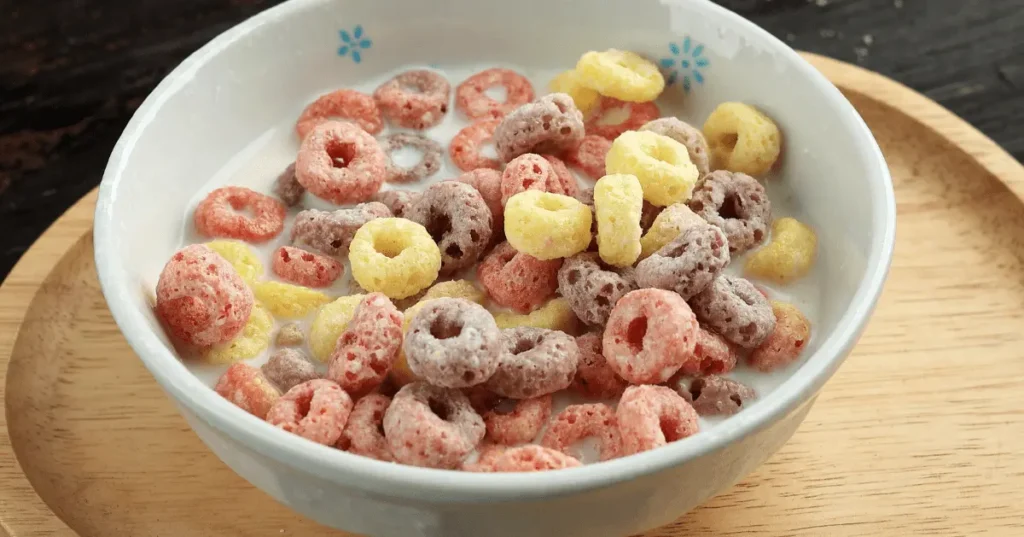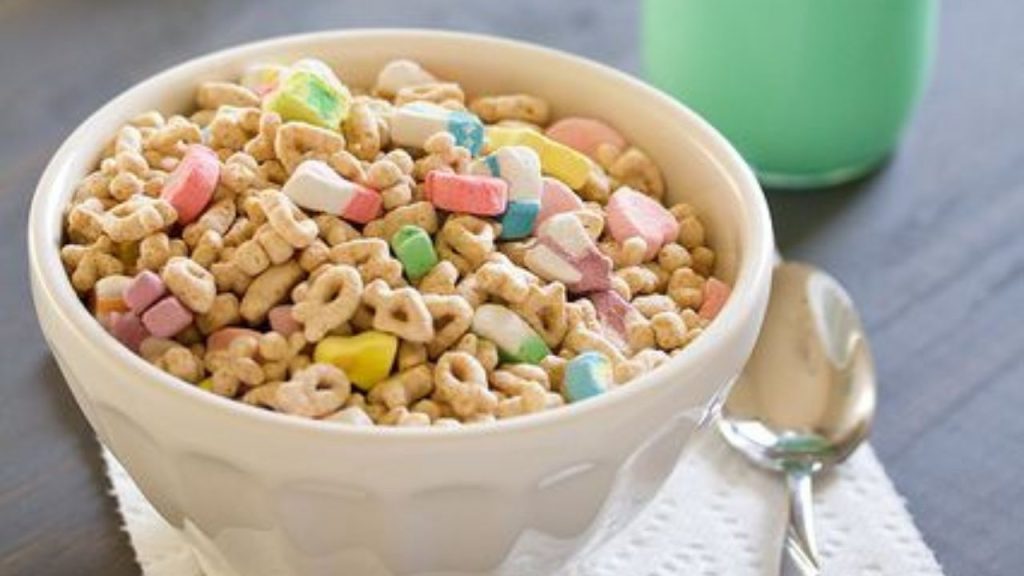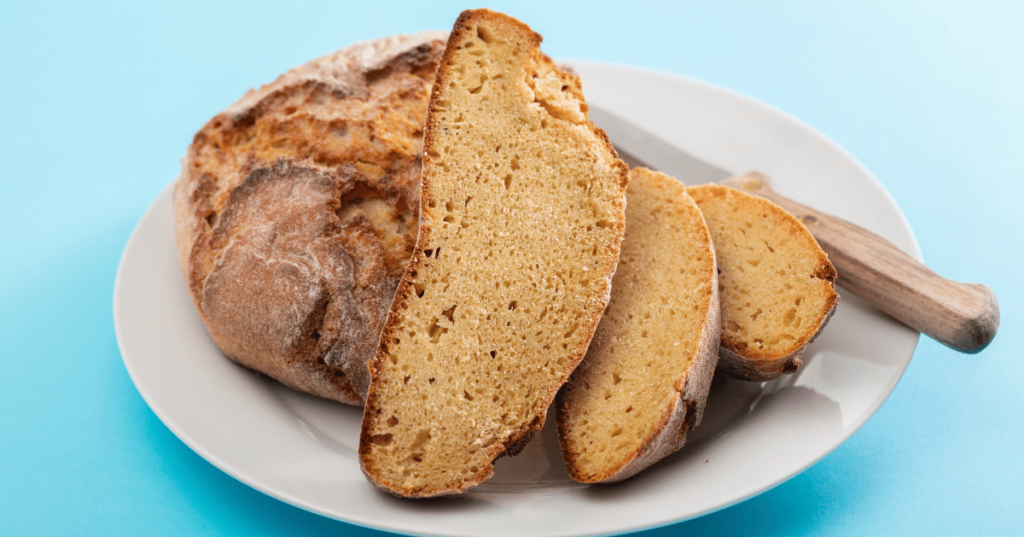Discover the best vitamin D foods for vegetarians, from mushrooms to fortified milk. Learn how
Introduction
If you’re a vegetarian, you’ve probably heard the question a hundred times: “But where do you get your vitamin D from?”
It’s a fair question — since most natural sources of vitamin D are found in animal-based foods like fish, liver, and egg yolks.
But here’s the good news: you can absolutely meet your vitamin D needs on a vegetarian diet — you just need to know which foods to choose and how to boost your absorption naturally.
In this detailed guide, you’ll discover the best vitamin D foods for vegetarians, how much you really need daily, signs of deficiency, and smart ways to get more sunshine vitamin — even without supplements.
What Is Vitamin D and Why Is It Important?
As a fat-soluble vitamin, vitamin D functions in your body similarly to a hormone. It has an essential function in:
-
Supporting bone health by helping calcium absorption
-
Boosting your immune system
-
Improving mood and reducing symptoms of depression
-
Supporting muscle strength and nerve function
In short — vitamin D keeps your bones strong, your immune system sharp, and your mood stable.
How Much Vitamin D Do You Need Every Day?

The recommended daily amount (RDA) of vitamin D depends on your age:
-
Infants (0–12 months): 400 IU (10 mcg)
-
Children & Adults (1–70 years): 600 IU (15 mcg)
-
Adults over 70: 800 IU (20 mcg)
-
Pregnant and breastfeeding women: 600 IU (15 mcg)
However, if you get little sunlight or live in colder climates, your body might need more than that — sometimes up to 1000–2000 IU daily.
Why Vegetarians Are at Higher Risk of Vitamin D Deficiency
The problematic issue is that animal-based meals like liver and fatty fish are the main source of vitamin D.
Vegetarians (and especially vegans) often miss out on these sources, making them more likely to develop vitamin D deficiency.
Common signs of low vitamin D include:
-
Fatigue and tiredness
-
Weak bones or frequent fractures
-
Muscle pain or weakness
-
Low mood or depression
-
Frequent colds or weak immunity
The good news? With a smart food plan and a bit of sunshine, you can totally fix that.
Top 10 Vitamin D Foods for Vegetarians
Let’s dive into the best vegetarian-friendly foods rich in vitamin D — both natural and fortified options.1. Mushrooms (Sun-Exposed)
Mushrooms are nature’s gift to vegetarians when it comes to vitamin D.
When exposed to sunlight or UV light, they produce vitamin D2, which helps raise your vitamin D levels.
Best choices:
-
Maitake mushrooms
-
Portobello mushrooms
-
Morel and chanterelle mushrooms
Tip: Place your mushrooms in sunlight for 20–30 minutes before cooking to boost their vitamin D content naturally!
2. Fortified Plant-Based Milk
Choose fortified plant-based milks like these if you’d rather not consume dairy products:
-
Soy milk
-
Almond milk
-
Oat milk
-
Coconut milk
Many brands fortify their milks with vitamin D2 or D3 (from lichen), making them great alternatives to cow’s milk.
Check the label to make sure it says “vitamin D fortified.”
3. Fortified Cow’s Milk
If you consume dairy, this is one of the easiest and most reliable vegetarian sources of vitamin D.
One cup of fortified cow’s milk provides about 100 IU of vitamin D.
Plus, it’s packed with calcium — which works hand-in-hand with vitamin D for stronger bones.
4. Cheese
While cheese contains only a small amount of vitamin D naturally, every little bit counts!
Swiss cheese and cheddar offer trace amounts that can complement your daily intake.
Pair it with fortified milk or eggs for a double vitamin D boost.
5. Egg Yolks
For lacto-ovo vegetarians, egg yolks are one of the best natural vitamin D foods.
A single large egg yolk provides around 40–50 IU of vitamin D — and eggs are also rich in protein, healthy fats, and choline.
Tip: Choose free-range or pasture-raised eggs — they have up to 4 times more vitamin D than regular ones.
6. Fortified Breakfast Cereals
Numerous breakfast cereals are enhanced with vital nutrients, such as vitamin D.
When paired with milk or fortified plant-based milk, they make a quick and powerful vitamin D breakfast.
Look for:
-
Oats fortified with vitamin D
-
Bran flakes
-
Cornflakes
7. Fortified Orange Juice

Yes — orange juice can be a vitamin D source too!
Several brands fortify their juices with vitamin D2 or D3, offering about 100 IU per cup.
It’s a tasty and refreshing way to start your day, especially for kids.
8. Fortified Yogurt
Yogurt fortified with vitamin D offers a double benefit — probiotics for gut health and vitamin D for bone strength.
Greek yogurt or plain low-fat yogurt are excellent options.
Top it with fruit and chia seeds for a complete, nutritious snack.
9. Tofu and Soy Products
Tofu itself isn’t naturally rich in vitamin D, but many brands fortify tofu and soy products with vitamin D and calcium.
Tip: Always read the nutrition label — fortified tofu can offer up to 100 IU per serving.
10. Margarine and Fortified Butter Alternatives
A lot of vegetarian spreads and margarines are vitamin D fortified, which makes them a handy complement to sandwiches or toast.
Just make sure to choose options with healthy fats and no trans fats.
Don’t Forget Sunlight — The Best Natural Vitamin D Source
When it comes to vitamin D, nothing can match the potency of sunlight, not even the greatest foods.
When your skin is exposed to UVB rays, it produces vitamin D naturally.
Here’s how to get it right:
-
Spend 10–20 minutes in sunlight (arms and face exposed) at least 3 times a week.
-
Avoid sunscreen for a few minutes — it blocks vitamin D synthesis.
-
The best time is between 10 a.m. and 3 p.m.
If you live in a region with limited sunlight, consider combining fortified foods + supplements for balance.
How to Boost Vitamin D Absorption
Getting vitamin D is one thing — but helping your body absorb it efficiently is just as important.
Here’s how to do it:
-
Consume foods high in fat, such as nuts, avocados, and olive oil, as vitamin D is soluble in fat.
-
Maintain gut health with probiotics (like yogurt or kefir).
-
Pair vitamin D foods with calcium-rich options (like milk or fortified tofu).
Should Vegetarians Take Vitamin D Supplements?

If you’re not getting enough sunlight or fortified foods, a vitamin D supplement might be necessary — especially during winter.
Best options for vegetarians:
-
Vitamin D2 (ergocalciferol) – plant-derived
-
Vitamin D3 from lichen – vegan-friendly
Before beginning a supplement regimen, always consult a physician to establish your dosage.
Health Benefits of Getting Enough Vitamin D
When your vitamin D levels are balanced, your body rewards you in many ways:
-
Stronger bones & teeth
-
Better mood & reduced stress
-
Stronger immune system
-
Improved muscle function
-
Lower risk of chronic diseases
Sample One-Day Vegetarian Meal Plan Rich in Vitamin D
Breakfast:
Fortified cereal + soy milk + orange juice (fortified)
Lunch:
Tofu and veggie stir-fry + Greek yogurt
Snack:
Mushroom toast with fortified margarine
Dinner:
Egg omelet with spinach and cheese + glass of fortified milk
Bonus: 15 minutes of sunlight exposure!
FAQs About Vitamin D for Vegetarians
Q1. Can I get enough vitamin D from vegetarian foods alone?
Yes, if you combine fortified foods, mushrooms, eggs, and dairy with regular sunlight exposure.
Q2. What’s the difference between vitamin D2 and D3?
D2 is plant-based (from mushrooms and fortified foods), while D3 is typically from animal sources — but vegetarian D3 from lichen is available.
Q3. How do I know if I’m vitamin D deficient?
Common symptoms include fatigue, mood swings, bone pain, and frequent illness. A blood test confirms it.
Q4. Do vegans need vitamin D supplements?
Yes, most vegans benefit from vitamin D3 supplements from lichen or fortified plant foods.
Q5. Can too much vitamin D be harmful?
Yes. Over-supplementation can lead to high calcium levels, causing nausea or kidney problems. Always follow medical advice.
Final Thoughts
Being vegetarian doesn’t mean missing out on essential nutrients like vitamin D. With a smart mix of fortified foods, sunlight, and balanced meals, you can easily maintain healthy levels and enjoy all the benefits this sunshine vitamin offers.
Your journey to better health starts with one simple step — add a few vitamin D-rich foods to your diet today!




